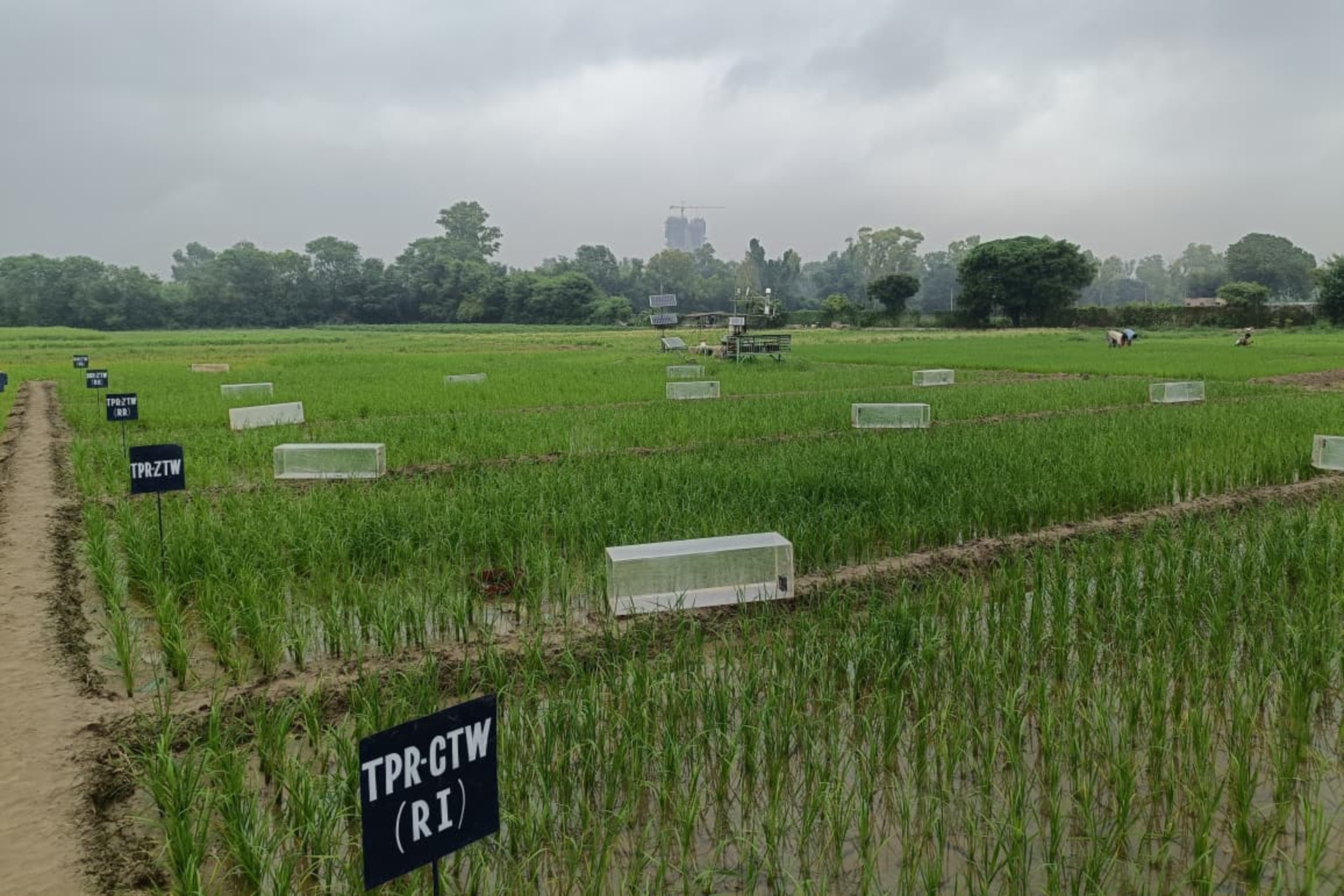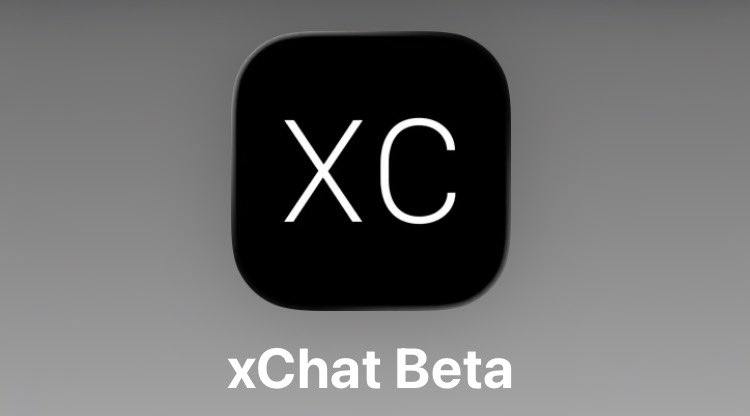
Mirova, the prominent French investment firm dedicated to climate solutions, has injected a substantial $30.5 million (€26.4 million) into Varaha, an emerging climate technology startup based in India. This significant financial commitment is poised to dramatically accelerate the expansion of Varaha’s regenerative farming initiatives, directly benefiting hundreds of thousands of smallholder farmers across India’s northern agricultural heartlands. The investment underscores a growing global recognition of India’s pivotal role in climate action and the potential of sustainable agricultural practices to address both environmental and socio-economic challenges.
A Strategic Bet on India’s Green Future
This infusion of capital represents Mirova’s inaugural direct carbon investment in India, signaling a strategic shift in its global portfolio. What makes this transaction particularly noteworthy is its innovative structure: Mirova is not acquiring an equity stake in Varaha. Instead, the Paris-based firm is providing cash funding in exchange for a share of the verified carbon credits generated by Varaha’s projects over time. This model aligns with Mirova’s broader carbon investment strategy, which channels corporate capital into rigorously verified emissions-reduction endeavors worldwide. Mirova operates as an affiliate of Natixis Investment Managers and boasts a distinguished roster of corporate backers, including luxury conglomerate Kering (parent company of Gucci), telecommunications giant Orange, beauty product manufacturer L’Occitane Group, technology consulting firm Capgemini, real estate group Unibail-Rodamco-Westfield, and fragrance and flavor house MANE. These corporations are increasingly seeking to mitigate their supply-chain emissions through participation in credible carbon initiatives, driving demand for high-quality projects like those developed by Varaha.
The Imperative of Regenerative Agriculture in India
India, a nation deeply reliant on its agricultural sector, faces a confluence of pressing environmental and economic challenges. Decades of conventional farming practices, characterized by intensive tillage, monoculture, and heavy reliance on chemical fertilizers and pesticides, have severely degraded soil health across vast swathes of the country. This degradation, coupled with the increasing unpredictability of rainfall patterns due to climate change, declining water tables, and persistent air pollution from agricultural waste burning, places immense pressure on the millions of smallholder farmers who form the backbone of India’s food security. For these farmers, many of whom operate on plots smaller than two hectares, adopting more resilient and sustainable practices is not merely an environmental choice but a matter of survival and economic stability.
Regenerative agriculture offers a promising pathway forward. This holistic approach focuses on restoring and enhancing soil biodiversity and ecosystem services through practices such as minimal tillage, cover cropping, diverse crop rotations, and integrating livestock. By improving soil organic matter, regenerative methods enhance water retention, reduce the need for synthetic inputs, increase carbon sequestration, and bolster the resilience of farming systems to extreme weather events. The scientific consensus increasingly points to regenerative agriculture as a critical tool in both climate change mitigation and adaptation, offering co-benefits for biodiversity, water quality, and farmer livelihoods.
Varaha’s Vision and Operational Blueprint
Founded in 2022, Varaha has rapidly positioned itself at the forefront of India’s climate tech landscape. The company specializes in designing and implementing carbon projects across three primary domains: regenerative agriculture, agroforestry, and biochar production. Its operational model is deeply collaborative, leveraging a network of 48 local partners to execute field operations directly with farmers. This decentralized approach is complemented by sophisticated software that meticulously monitors project activities in real-time, providing robust data for reporting and verifying both climate and social outcomes. This blend of on-the-ground engagement and cutting-edge technology is crucial for ensuring the integrity and impact of its carbon credit generation.
The Mirova investment specifically targets Varaha’s "Kheti" project, which is active in the agricultural powerhouses of Haryana and Punjab. These states are critical to India’s food production but also grapple with significant environmental issues, including intensive rice-wheat cropping cycles and widespread stubble burning. Through the Kheti project, Varaha works hand-in-hand with farmers to transition to low-emission practices, which in turn generate verified carbon credits, creating an invaluable additional income stream for participants. The project currently spans over 200,000 hectares and is projected to scale significantly, aiming to engage approximately 337,000 farmers across 675,000 hectares as its reach expands.
Tailored Practices for Indian Agriculture
Varaha’s methodology is carefully tailored to the specific cropping systems prevalent in India, particularly within the country’s extensive rice-growing belts. A core focus is on promoting the direct seeding of rice, a technique that drastically reduces water consumption compared to traditional transplanting methods. Another critical intervention is the incorporation of crop residue into the soil, offering a vital alternative to the pervasive practice of burning stubble after harvest. Stubble burning, a common sight in northern India post-monsoon, is a major contributor to severe air pollution, respiratory illnesses, and the loss of valuable soil nutrients. Madhur Jain, co-founder and CEO of Varaha, highlighted the significance of this shift, explaining that instead of incinerating crop residue, agricultural machinery is used to cut and mix it back into the soil, enriching its organic matter.
Beyond residue management, the startup advocates for reduced tillage, scaling back from multiple rounds of plowing to just one or two. This practice minimizes soil disturbance, helping to conserve soil carbon and enhance the soil’s long-term capacity for carbon sequestration. The accumulated benefits of these practices extend beyond carbon capture, fostering improved soil structure, greater biodiversity, and enhanced nutrient cycling.
Overcoming Implementation Hurdles and Future Growth
A significant portion of Mirova’s investment is earmarked for the procurement of essential agricultural machinery required to implement these regenerative practices at scale. As Jain articulated, transitioning from conventional transplanting to direct seeding of rice demands thousands of specialized direct seeders. Given that direct seeding is not yet a conventional practice, the market availability of these machines is limited, necessitating proactive engagement with manufacturers. Similarly, for effective crop residue incorporation, specific machinery such as happy seeders and super seeders are indispensable. This strategic allocation of capital directly addresses a critical logistical bottleneck, empowering farmers to adopt new methods by providing the necessary tools.
The carbon credits generated under the Kheti program undergo rigorous verification using Verra’s VM0042 methodology. A transparent revenue-sharing model ensures that a significant portion of the proceeds from these credits flows directly back to the participating farmers, incentivizing adoption and providing tangible economic benefits. Furthermore, the project is actively pursuing Climate, Community & Biodiversity (CCB) certification from Verra, a non-profit organization renowned for recognizing land management projects that deliver co-benefits for the environment, local communities, and biodiversity.
Navigating the Carbon Market Landscape
The global voluntary carbon market, while growing rapidly, has faced scrutiny regarding the integrity and impact of some carbon offset projects. Verra, one of the leading global organizations for verifying carbon credits, has been subject to criticism following investigations that suggested certain forest-based projects it approved might have overstated their carbon savings. Varaha, however, maintains its preference for Verra for its regenerative farming projects, citing the non-profit’s "most advanced scientific methodology in soil carbon." Madhur Jain emphasized that, unlike some forest projects, "none of Verra’s credits on the soil organic carbon side have been questioned so far by anyone." This nuanced position reflects the ongoing evolution and refinement of verification methodologies within the carbon market, with soil carbon projects often lauded for their more measurable and verifiable impacts. Varaha also maintains flexibility, working with other prominent standards like Puro.earth and Isometric, signaling a commitment to robust and diversified verification.
Beyond Carbon: Holistic Benefits and Social Impact
The impact of Varaha’s technology and practices extends far beyond carbon emission reductions. By improving soil health, these initiatives foster greater agricultural productivity and resilience, potentially leading to increased crop yields and reduced reliance on costly chemical inputs. The reduction in water-intensive practices, particularly direct seeding of rice, contributes significantly to water conservation, a critical concern in many parts of India. Moreover, the shift away from stubble burning dramatically improves air quality, mitigating public health risks and enhancing the overall environmental quality for rural communities.
Recognizing the crucial role of women in agriculture, Varaha also plans to develop dedicated programs for women farmers, aiming to strengthen gender inclusion and empowerment within rural communities. This commitment to social equity aligns with the broader goals of sustainable development, ensuring that the benefits of climate action are distributed equitably.
Global Recognition and Future Trajectory
Varaha’s innovative approach has garnered international attention. Earlier this year, the company forged a landmark agreement with Google, described as the "world’s largest biochar carbon removal deal." Under this arrangement, Google will purchase 100,000 tons of carbon dioxide removal credits from Varaha by 2030, a testament to the startup’s credibility and the scalable nature of its solutions. This partnership not only provides significant revenue but also validates Varaha’s position as a leader in carbon removal technologies.
Mirova’s investment builds on Varaha’s already diverse investor base, which includes RTP Global, Omnivore, Orios Venture Partners, IMC Pan Asia Alliance Group’s Octave Wellbeing Economy Fund, and Japan’s Norinchukin Bank. To date, the startup has secured $12.7 million in venture funding, including an $8.7 million Series A round completed last year. The latest capital injection from Mirova is a powerful endorsement of Varaha’s business model, its technological capabilities, and its potential to drive a transformative shift towards sustainable agriculture in India and beyond. It represents a significant step in mobilizing global capital towards climate solutions that deliver tangible environmental, social, and economic benefits at a local level.








